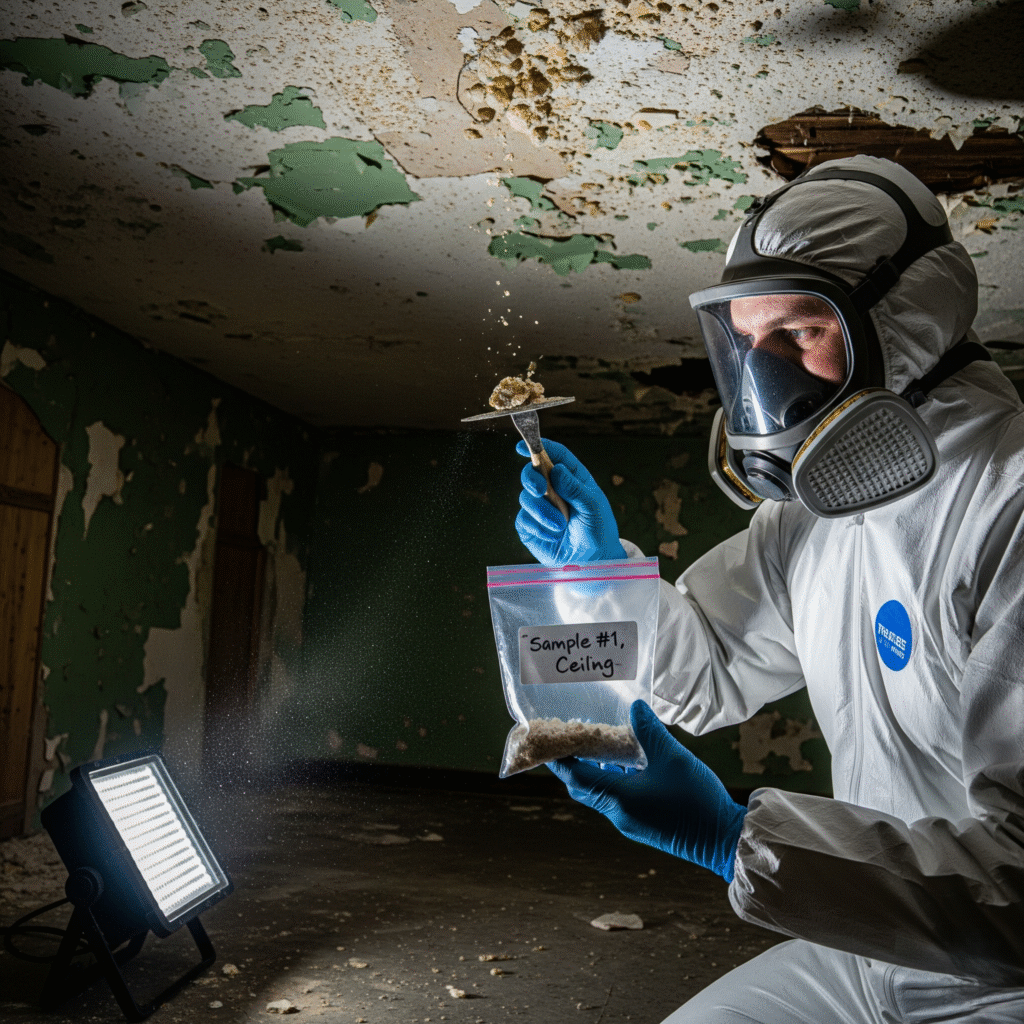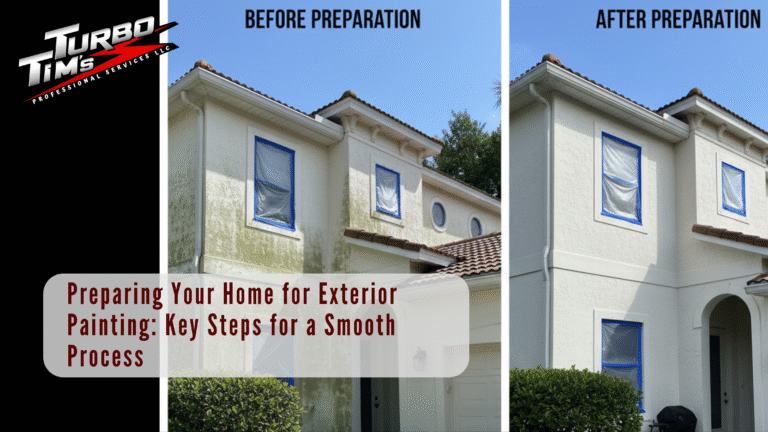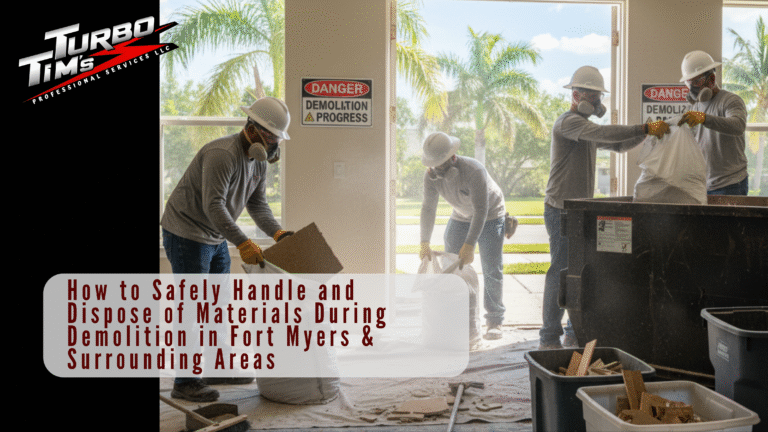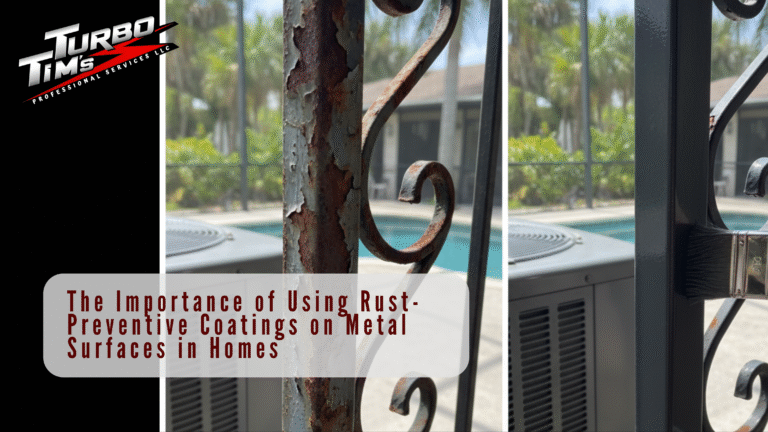Demolition might seem like just smashing walls down, but in reality, it’s a highly planned process that ensures safety, compliance, and project success. Whether you’re preparing for residential teardown or a large-scale commercial demolition, understanding the steps before breaking ground is critical. This guide walks you through essential insights to help you navigate the demolition process responsibly and effectively.
Why Pre-Demolition Planning is Crucial
Before swinging the wrecking ball, strategic planning is key. Demolition, when improperly done, can cause safety hazards, environmental issues, and expensive legal troubles. By understanding the full scope of what’s involved, property owners can save time, money, and headaches.
1. Understanding Different Types of Demolition
Not all demolitions are created equal. Here are the common types:
- Interior Demolition: Removes interior elements while retaining the structure.
- Selective Demolition: Targets specific areas for removal.
- Total Demolition: Complete teardown of an entire structure.
- Mechanical Demolition: Uses machinery like excavators and bulldozers.
- Deconstruction: Manual dismantling with the intention of reusing materials.
Each approach requires its own set of tools, strategies, and permits
2. Permits and Legal Requirements
Permits are non-negotiable in demolition. You’ll typically need to apply through your local building department. Requirements vary by state and city, but usually include:
- Structural inspection reports
- Utility disconnection confirmations
- Hazardous material disclosures (asbestos, lead)
- Neighbor notifications (in residential areas)
Failing to obtain proper permits could lead to costly fines and project delays.
3. Conducting an Environmental & Hazardous Material Survey
Older buildings might contain asbestos, mold, or lead paint. Before demolition begins, a licensed environmental contractor should perform a survey. If hazardous materials are found, they must be properly abated according to EPA and OSHA standards.
4. Disconnecting Utilities
All utility services must be disconnected before demolition:
- Gas lines
- Water mains
- Electricity
- Sewer connections
This is vital to prevent fires, flooding, and electrical injuries.
5. Safety Measures and Risk Assessments
Safety is a top priority. Key protocols include:
- Fencing and signage around the perimeter
- Wearing PPE (Personal Protective Equipment)
- Dust and noise control
- Structural evaluations to prevent collapse
Ensure your demolition contractor follows OSHA safety standards.
6. Choosing the Right Demolition Contractor
Not all contractors are equipped to handle every type of demolition. Look for:
- Proper licensing and insurance
- Experience in similar projects
- Positive customer reviews
- Detailed project proposal and timelines
Ask if they manage permit applications, waste disposal, and safety plans.
7. Waste Management & Material Recycling
Demolition creates tons of debris. A good demolition plan includes a waste management strategy. Materials like wood, metal, concrete, and brick can often be recycled or reused.
- Rent dumpsters in advance
- Partner with local recycling facilities
- Consider salvaging fixtures and materials
8. Timeline and Budget Considerations
Demolition isn’t just a single-day job. Weather delays, permit holdups, or hazardous discoveries can stretch the timeline. Always:
- Build in buffer days
- Set realistic expectations
- Allocate contingency budget (10-15%)
Being prepared for delays keeps your project from derailing.
9. Post-Demolition Site Cleanup
Once the dust settles, it’s time to clear the rubble. Cleanup should leave the land ready for the next phase of development. Services may include:
- Grading the land
- Soil testing
- Removing leftover materials or waste
Final inspections may be needed to close permits.
10. Final Thoughts: Demolition is Just the Beginning
While demolition marks the end of an old structure, it also paves the way for new beginnings. With the right preparation, professionals, and strategy, your demolition project can be safe, smooth, and cost-effective.
Start by consulting with a demolition expert and checking with your local municipality. Remember, safety, compliance, and planning are your best tools before breaking ground.
















